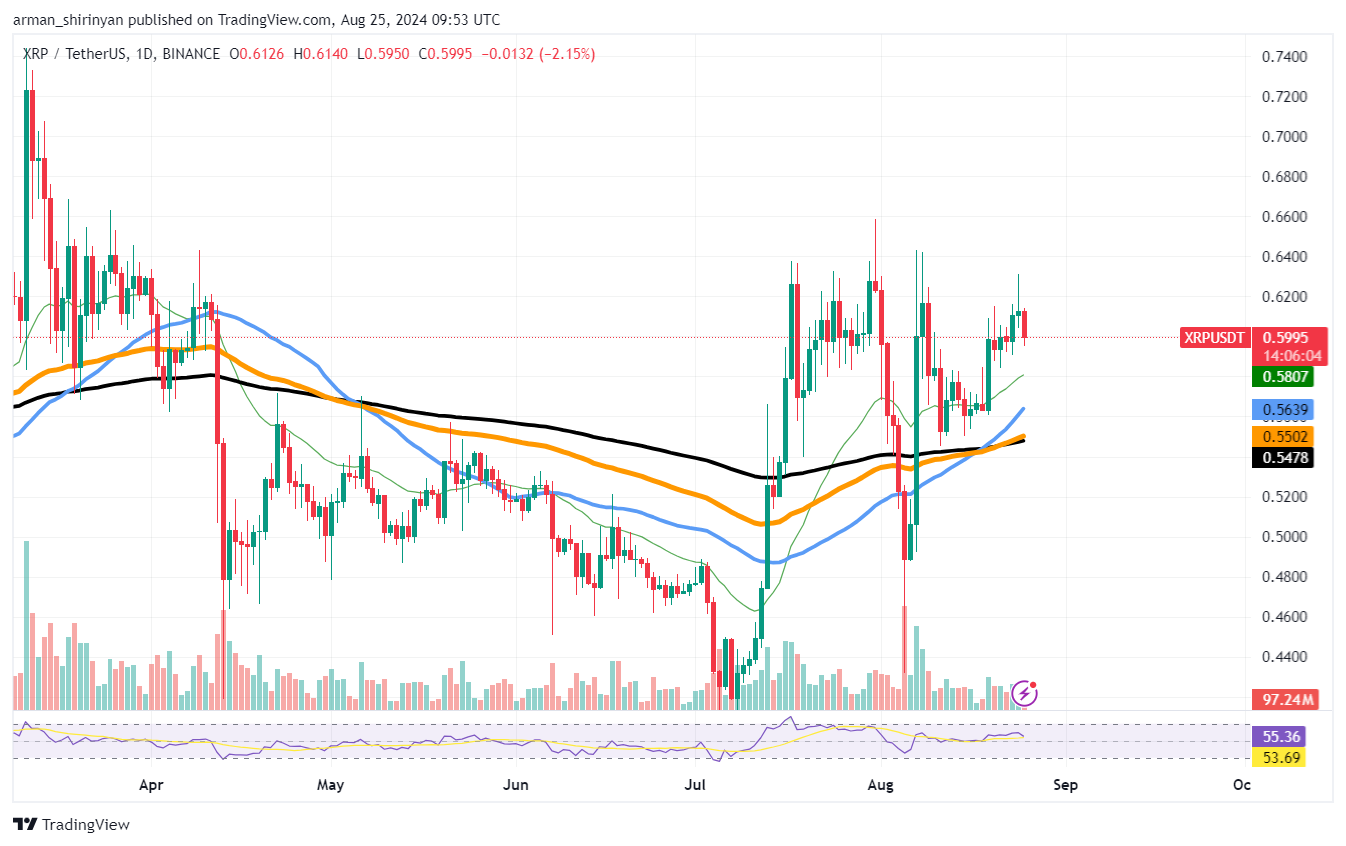With the official start of summer, analysts say Bitcoin, the world’s largest cryptocurrency, may experience a stagnant period in June.
Bitcoin rose 13% in May, its eighth monthly gain in nine months and its best month since February, when it rose 44%, according to Coin Metrics.
This increase can be attributed to last week’s ETH-led rally, which occurred before the SEC approved a rule change allowing Ethereum ETFs in the US. This led to a 20% increase in ETH in two days.
Aspiring holders of ETH ETFs are now required to fill out S-1 registration forms for individual funds. With the halving and Bitcoin Spot ETF approvals behind us, there is a lack of a trigger in the cryptocurrency market in June, according to analysts.
“Once these new products are fully approved by the SEC, probably in late June, you can expect this to act as a catalyst for ETH and the broader altcoin space,” said Antoni Trenchev, co-founder of crypto exchange Nexo. said.
Bitcoin has been trading in a narrow range since pulling back from its record high in March. “Bitcoin has barely budged in the last three months, and it’s not necessarily a bad thing if the same thing continues, because long and boring periods of consolidation are often preceded by violent movements, look at the last halving year in 2020, where Bitcoin stagnated for five months before rocketing upwards,” Trenchev said. ” he added.
According to historical data from CoinGlass, June looks unstable for Bitcoin, with the BTC price in June having an average return of just 0.25% over the last 10 years. The return is distorted by two particularly bad years in 2022 and 2013, Trenchev noted.
Next month, traders will be watching the Fed’s next policy meeting on June 11 and 12, particularly the personal consumption expenditures price index, the central bank’s preferred inflation gauge, on Friday.
As a result, “Bitcoin may continue to fluctuate within the descending channel,” said Yuya Hasegawa, a crypto market analyst at Japanese Bitcoin exchange Bitbank. Moreover, “Bitcoin could quickly lose nearly half of its gains over the past two weeks and fall back to around $65,000.” he added.
On the other hand, the Bitcoin price may see some pressure from miner sales. Hasegawa said that the average time required for miners to find and process a new block has increased, while the network’s hash rate (the combined computing power required by miners to mine Bitcoin and process network transactions) has decreased. This shows that as miners’ ability to mine new coins decreases, their profitability also weakens.
“This shows that the profitability of Bitcoin mining is decreasing and miners are having a hard time mining,” Hasegawa said. “If the price continues to fall, they may be forced to sell their BTC holdings to maintain cash flow, which can cause a vicious circle.”
Julio Moreno, CryptoQuant’s director of research, attributes their current struggles to the drop in transaction fees after the halving. However, he said there has been no heavy selling from miners yet.
*This is not investment advice.







